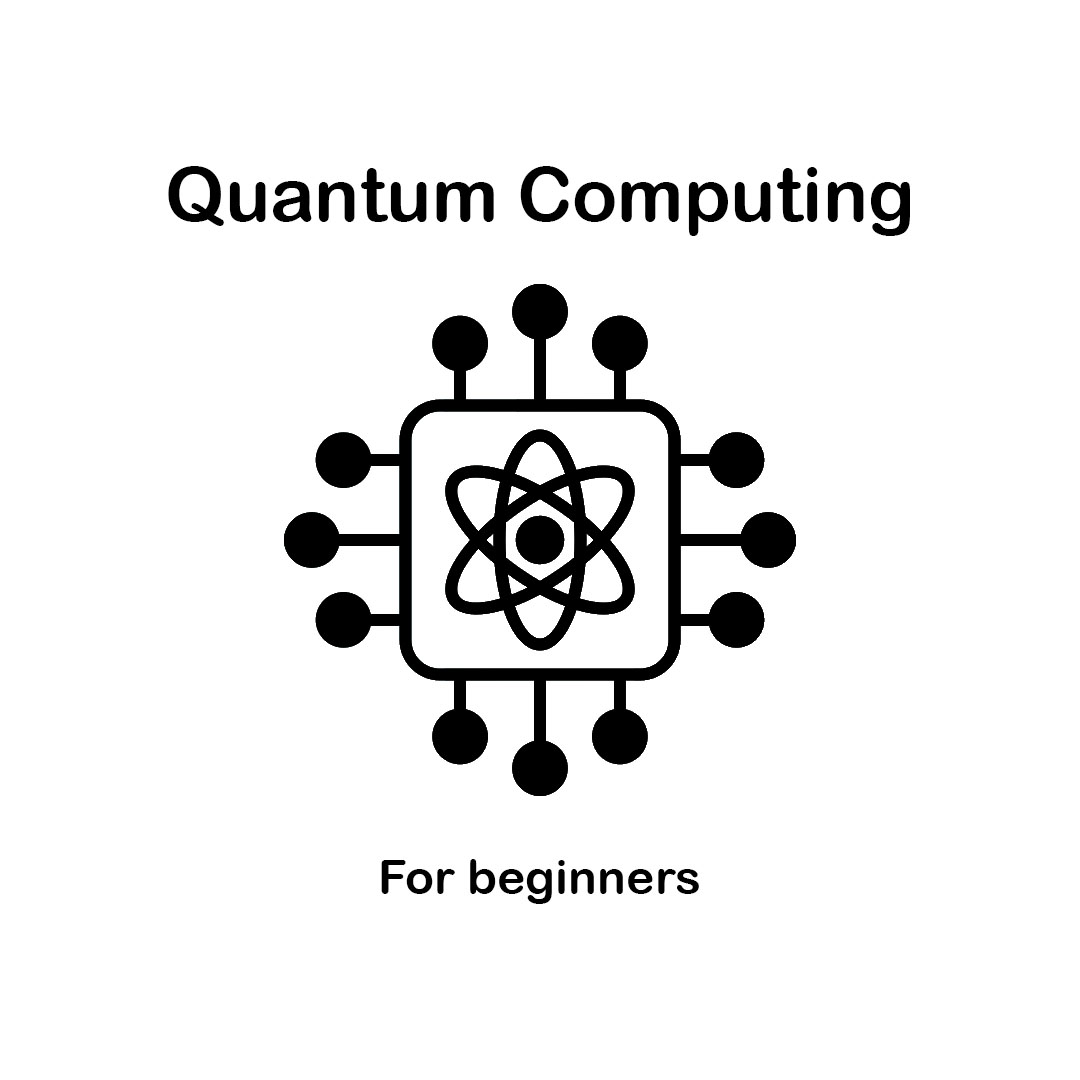Quantum computing sounds like something pulled straight from a sci-fi movie: particles existing in two places at once, computers that defy classical logic, and promises to revolutionize everything from medicine to finance. But this isn’t fiction anymore. Quantum computing is real, growing rapidly, and starting to shape the world around us.
So what is quantum computing, and why should you care now?
What Is Quantum Computing?
At its core, quantum computing is a new way of processing information. Traditional computers use bits 1s and 0s to perform calculations. A quantum computer, however, uses quantum bits, or qubits, which can be 1, 0, or both at the same time.
Even stranger, qubits can be entangled, meaning the state of one qubit can depend on the state of another no matter how far apart they are. These principles allow quantum computers to explore a vast number of possibilities at once, making them potentially millions of times faster for certain tasks.
Why Does It Matter Right Now?
Quantum computing isn’t just a cool science experiment anymore. Here’s why it’s becoming relevant today:
1.
Breakthroughs Are Accelerating
Major players like IBM, Google, Microsoft, and startups like IonQ and Rigetti are making real progress. Google’s 2019 “quantum supremacy” moment where their quantum computer solved a problem in seconds that would take classical computers thousands of years was a wake-up call.
2.
National Security Implications
Quantum computers could one day break current encryption methods, which are used to secure emails, bank transactions, and government communications. That’s why governments are investing billions in quantum-safe encryption and post-quantum cryptography.
3.
Real-World Applications Are Emerging
Quantum computing could transform industries:
Pharmaceuticals: Simulating molecules to develop drugs faster
Finance: Optimizing portfolios and risk analysis in real-time
Energy: Designing more efficient batteries and materials
Climate Modeling: Understanding complex systems to predict and combat climate change
The Catch: We’re Still in the Early Days
Despite the hype, most current quantum computers are still noisy, error-prone, and limited in scale. They’re not yet ready to outperform classical computers on most practical tasks — but that may change within the next decade.
Meanwhile, hybrid systems (classical + quantum) are already being explored for real business use cases, and quantum software platforms are becoming more accessible, even to curious non-scientists.
How You Can Get Involved
You don’t need a PhD in physics to start exploring:
Try IBM’s Quantum Experience: A free, browser-based simulator
Learn with Qiskit: An open-source quantum programming framework (Python-based)
Follow Quantum News: Websites like Quanta Magazine and Quantum Country explain breakthroughs in digestible ways
Final Thoughts: Quantum’s Not Just the Future — It’s Starting Now
We’re standing on the edge of a computing revolution that could be as transformative as electricity or the internet. While we’re still years from a “quantum iPhone,” the seeds are being planted today — in labs, universities, and even open-source communities.
Understanding quantum computing now means being ready for the next big wave in tech. Whether you’re a student, developer, entrepreneur, or just curious, this is the perfect time to start paying attention.









